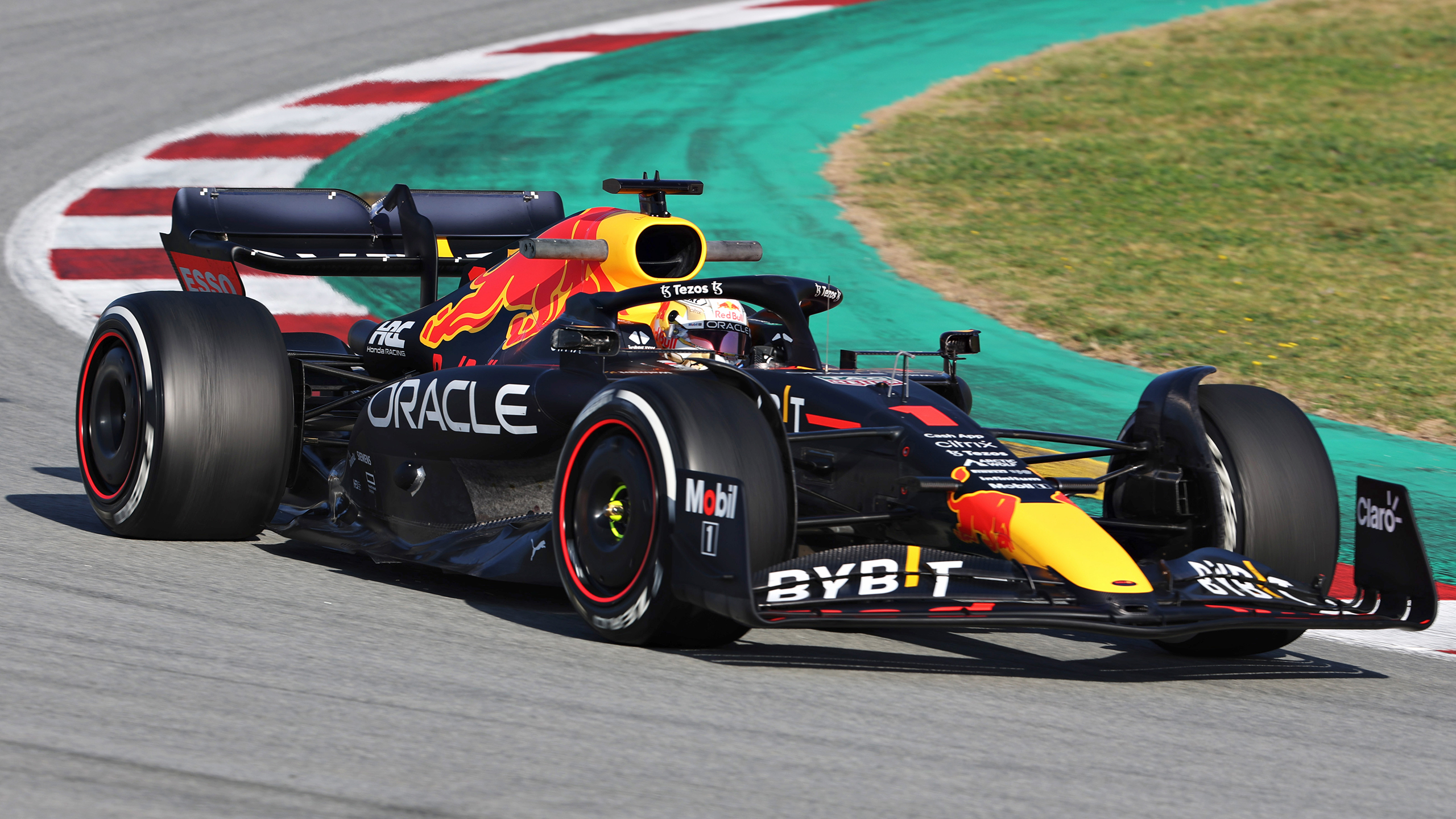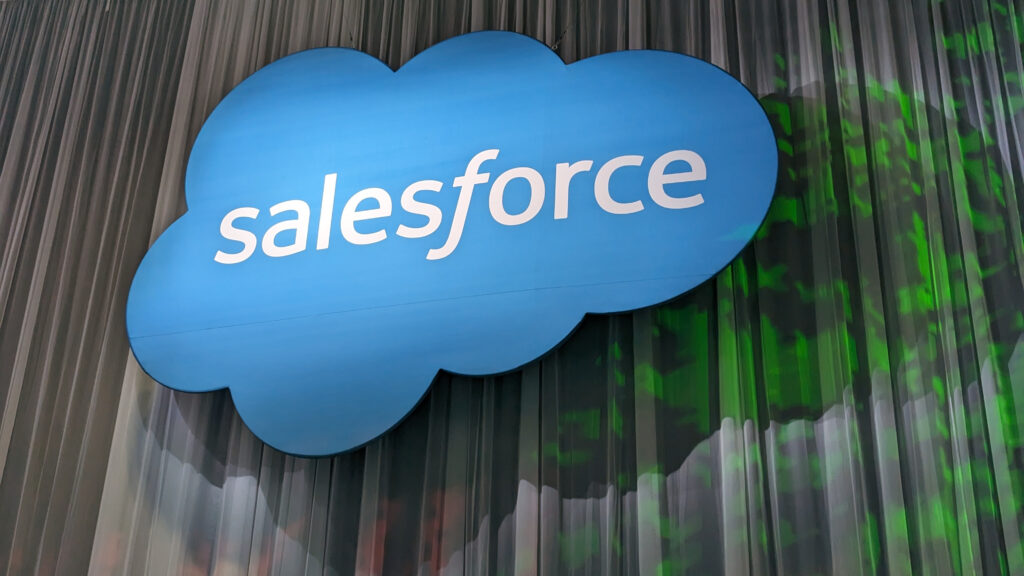 Oracle Red Bull Racing just proved that winning championships isn’t just about what happens on the track – it’s about mastering the business operations that fuel those victories. The six-time world champion Formula One team has selected Oracle Fusion Cloud Applications Suite to overhaul their finance and HR processes, marking a significant shift from manual spreadsheet-based operations to cloud-powered efficiency.
Oracle Red Bull Racing just proved that winning championships isn’t just about what happens on the track – it’s about mastering the business operations that fuel those victories. The six-time world champion Formula One team has selected Oracle Fusion Cloud Applications Suite to overhaul their finance and HR processes, marking a significant shift from manual spreadsheet-based operations to cloud-powered efficiency.
This isn’t your typical ERP implementation story. When you’re operating under Formula One’s strict cost cap regulations, every dollar counts, and Oracle Red Bull Racing needed a solution that could deliver both operational excellence and regulatory compliance. The team’s decision to move beyond spreadsheets reflects a broader trend we’re seeing across high-performance organizations – the recognition that legacy processes simply can’t keep pace with modern business demands.
Beyond the Pit Stop: The Real Challenge
Matt Cadieux, Chief Information Officer at Oracle Red Bull Racing, didn’t mince words about their predicament: “With a fixed annual cost cap that we can’t exceed, we need to make every resource go further and manage our operations as efficiently as possible.” This constraint mirrors the challenges facing many enterprises today, where doing more with less isn’t just a nice-to-have – it’s survival.
The team’s reliance on manual spreadsheet-based financial planning was creating blind spots that no championship-winning organization could afford. Without integrated visibility into their business data, they were essentially driving blind in an environment where split-second decisions can make or break performance. Sound familiar? Most organizations are grappling with similar data silos and manual processes that create operational friction.
The Technology Stack Behind the Speed
Oracle Red Bull Racing’s choice of Oracle Fusion Cloud Applications Suite represents a comprehensive approach to digital transformation. They’re implementing Oracle Fusion Cloud Enterprise Performance Management (EPM) for financial planning and budgeting, Oracle Fusion Cloud Human Capital Management (HCM) for workforce optimization, and leveraging their existing Oracle Fusion Cloud Customer Experience (CX) platform for fan engagement.
What’s particularly interesting is how they’re embracing AI across the entire suite. The integration of predictive, generative, and agentic AI capabilities means they’re not just digitizing existing processes – they’re fundamentally reimagining how work gets done. This approach aligns with what we’re seeing in the market, where organizations are moving beyond basic automation to AI-powered business transformation.
The fact that Oracle Red Bull Racing already had success with Oracle Fusion Cloud CX for fan engagement and loyalty programs demonstrates the value of platform consistency. When your customer experience, finance, and HR systems share a common foundation, the possibilities for cross-functional insights and automation multiply exponentially.
Racing Against Time and Competition
Formula One’s cost cap regulations, introduced to level the playing field, have created an unexpected laboratory for operational efficiency. Teams must now optimize every aspect of their business operations, from resource allocation to workforce management. This regulatory environment has accelerated the adoption of technologies that many traditional enterprises are still evaluating.
Steve Miranda, Executive Vice President of Applications Development at Oracle, highlighted this connection: “Speed, innovation, and efficiency are essential for success in Formula One.” These same principles apply whether you’re managing a racing team or running a global enterprise. The difference is that Formula One teams can’t afford to get it wrong – there’s no off-season for optimization.
The Broader Implications
Oracle Red Bull Racing’s move signals a maturation in how organizations approach ERP selection. Rather than choosing systems based solely on functional requirements, they’re prioritizing platforms that can evolve with their business needs. The emphasis on AI capabilities, cloud-native architecture, and integrated user experiences reflects a new generation of ERP thinking.
This implementation, managed by Oracle Consulting with ongoing support from Oracle Customer Success Services, also highlights the importance of professional services in complex ERP deployments. Even the most sophisticated organizations need expert guidance to maximize their technology investments.
What this means for ERP Insiders
Embrace AI-first ERP strategies. Oracle Red Bull Racing’s emphasis on predictive, generative, and agentic AI capabilities should serve as a wake-up call for business leaders still treating AI as a future consideration. Predictions vary, but some say that by 2026, 70% of organizations will embed AI capabilities into their ERP systems, yet many are still in the evaluation phase. Companies like Zoom have already reported 40% faster financial close cycles after implementing AI-powered Oracle Fusion Cloud ERP. Tech leaders should prioritize ERP platforms with native AI capabilities rather than bolt-on solutions, as integrated AI delivers more comprehensive insights and automation across business processes.
Prioritize platform integration over point solutions. The success Oracle Red Bull Racing achieved with Oracle Fusion Cloud CX before expanding to finance and HR demonstrates the power of platform consistency. Organizations using integrated cloud application suites report 35% lower total cost of ownership compared to best-of-breed approaches, according to recent research. Deloitte’s implementation of Oracle Fusion Cloud across finance, HR, and supply chain resulted in 50% faster month-end close and 60% reduction in manual processes. Business leaders should evaluate vendors based on their ability to deliver comprehensive, integrated solutions rather than assembling disparate systems that create data silos and integration complexity.
Leverage regulatory compliance as innovation catalyst. Formula One’s cost cap regulations forced Oracle Red Bull Racing to innovate their business operations, similar to how GDPR, SOX, and industry-specific regulations are driving ERP modernization across sectors. PwC research indicates that 78% of organizations cite regulatory compliance as a primary driver for ERP transformation. Companies like Nissan have used Oracle Fusion Cloud’s built-in compliance features to reduce audit preparation time by 65% while improving financial transparency. If possible, tech leaders should frame ERP modernization initiatives around compliance requirements to secure executive buy-in, then leverage these projects to drive broader operational improvements and competitive advantages.




